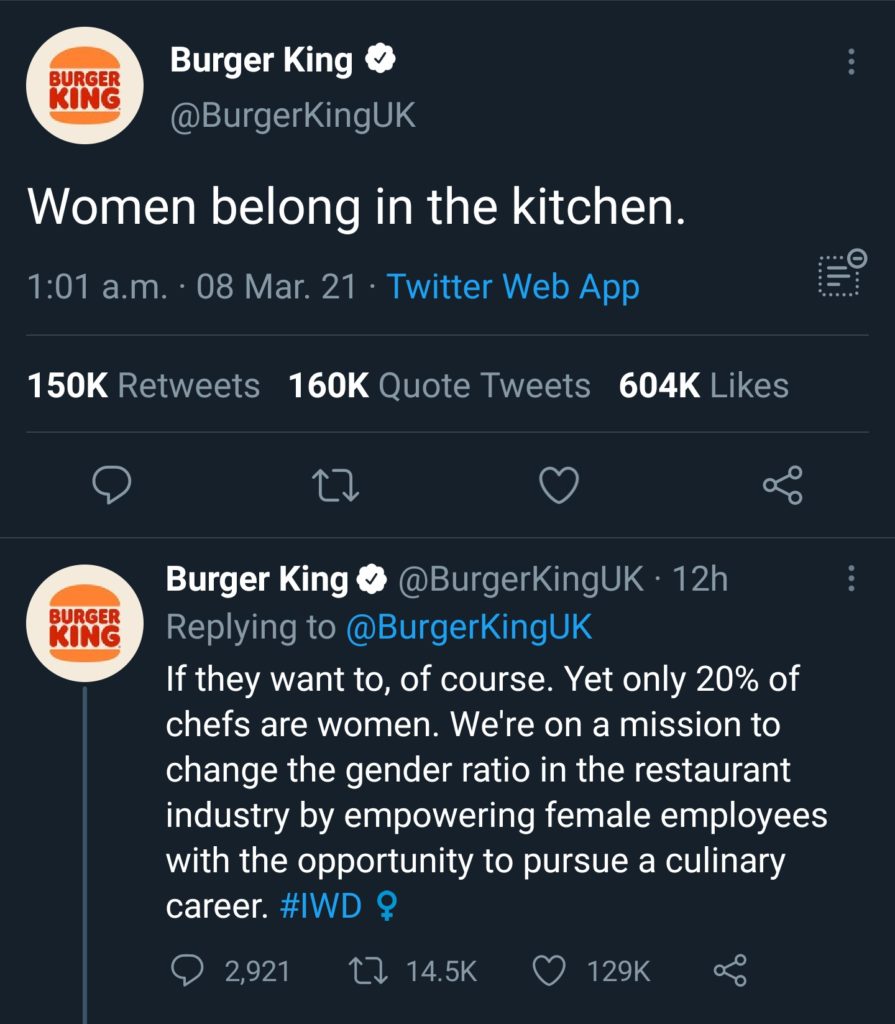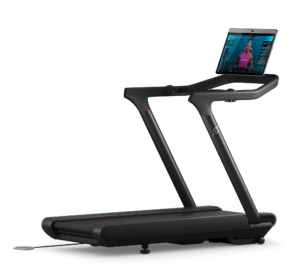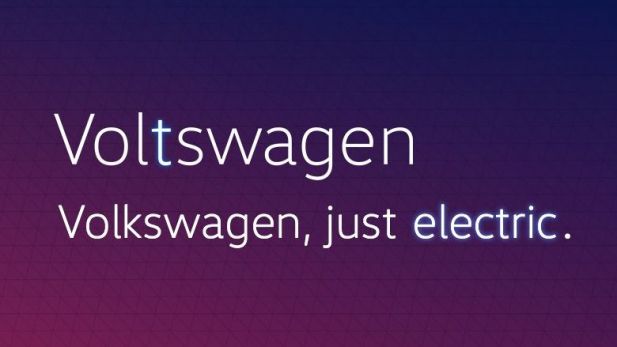 PR fails
PR failsLessons From The PR Fails of 2021 (So Far)
Ah, the dreaded #PRFail: we’ve all seen our share. Sometimes, the hashtag is attached to a thoughtless publicity stunt on social media; sometimes, it’s a serious crisis, handled poorly. As public relations professionals, it’s our job to analyze how corporate communications are likely to make the audience feel so we can avoid PR fails. For every message, every time, we should take a moment to ask:
- What is the purpose of this statement?
- How will this be perceived?
- Could this potentially damage the brand?
These questions are more urgent than ever. We are on the tail end of a global pandemic: stuck inside, people have been spending a lot of time scrolling social media. At the same time, increased political involvement across the ideology spectrum has given rise to large numbers of Internet activists primed to call out any mistake. The likelihood and cost of a #PRFail have both increased.
Finding the balance between drawing attention to your message and avoiding offense can be tricky. During the first half of 2021, we’ve seen questionable PR moves from a few prominent brands. Today, the Caster Crew weighs in on the brands’ intended messages, and what they could have done better.
Burger King – “Women belong in the kitchen.”
 On International Women’s Day 2021, Burger King published the tweet, “Women belong in the kitchen.” The since-deleted tweet was part of a thread meant to empower women and encourage an increase in the number of women in head-chef roles.
On International Women’s Day 2021, Burger King published the tweet, “Women belong in the kitchen.” The since-deleted tweet was part of a thread meant to empower women and encourage an increase in the number of women in head-chef roles.
Burger King replied to the tweet, adding that women “belong in the kitchen” because they should be encouraged to pursue a culinary career if they choose to. The clarification did little to avert a massive backlash.
Burger King intended to shock, but not to offend. “This is a classic case of burying the lede,” says Rachel Bradshaw, VP of Account Services. “Burger King wanted to grab people’s attention, and they succeeded—the problem is, that jarring first tweet is the only thing that got amplified. Their actual message of empowerment was lost.”
Peloton – “The product is safe when warnings and safety instructions are followed.”
 A graphic video of a child getting trapped underneath a Peloton Tread+ Treadmill spread like wildfire across the Internet; creating the perception of a dangerous machine. Peloton was initially defensive, arguing that the device was safe when used properly. Instructors started signing off from classes with reminders to stow the treadmill key out of reach. For customers who had seen that troubling video clip, Peloton’s response wasn’t nearly enough.
A graphic video of a child getting trapped underneath a Peloton Tread+ Treadmill spread like wildfire across the Internet; creating the perception of a dangerous machine. Peloton was initially defensive, arguing that the device was safe when used properly. Instructors started signing off from classes with reminders to stow the treadmill key out of reach. For customers who had seen that troubling video clip, Peloton’s response wasn’t nearly enough.
When the public decides that a product is dangerous, it’s usually more effective to address the concerns than argue. Peloton could have taken quick action by recalling the product. Instead, they chose to fight the claims.
Caster Account Services team member Lexie observes that brands need to listen to their voices of their audience: “Companies and those representing them need to hold themselves accountable for their actions, their products and services, and the words they use. When it comes to managing a crisis or any campaign for that matter, honesty, clear communication, and action are more valuable than deflection.”
Volkswagen – April Foolishness
 Joking about a name change usually results in public confusion (see also: iHop/iHob). When Volkswagen tweeted this image on March 29, along with a press release that was allegedly set to go up a month later, many believed it was legitimate until the company retracted their statement the next day.
Joking about a name change usually results in public confusion (see also: iHop/iHob). When Volkswagen tweeted this image on March 29, along with a press release that was allegedly set to go up a month later, many believed it was legitimate until the company retracted their statement the next day.
This was an April Fool’s prank clearly intended as publicity stunt for Volkswagen’s new electronic lineup. Such “jokes” aren’t necessarily harmless, though, especially when they’re designed to dupe the press into taking them seriously.
“I’ve pretty much learned to expect that all communications timed around April 1 are a ‘joke,’ but there’s something especially off-putting about a phony press release leak,” says Director, Account Services, Pete Girard. “As PR pros, providing releases with relevant news to media and press friendlies is a big part of our job. Anyone promoting a fake press release ‘as a joke’ is abusing the press’s trust.”
This release was calibrated and timed to look like a legitimate story. Real people spent real time covering its implications. Then, the next day, they were made to feel foolish – by a company that will rely on them for coverage for the rest of the year.
All three of these missteps were avoidable using the questions we posed at the beginning:
- What is the purpose of this statement? Examine if the message serves the brand’s short and long-term goals. For example, Volkswagen’s fake press release was a marketing scheme, but they may not have considered how damaging their press relationships could hinder their communications strategy for the rest of the year.
- How will this be perceived? Remember that you cannot control the context in which your message is repeated. In Burger King’s case, overall, the company should have considered how the tweet would look when retweeted or screenshot on its own.
- Could this potentially damage the brand? Sometimes, you’re caught in a lose-lose situation, and you must critically assess what kind of damage matters most. In Peloton’s case, they wanted to avoid a costly recall, but they could afford the loss of customer trust even less. Ultimately, a recall was inevitable, and Peloton predicts a $165M revenue impact as a result. The two-month delay from the start of the crisis to the decision to recall meant higher recall costs for the machines sold in the interim, more injuries, and two months of continuing negative press.
Navigating the #PRFail minefield isn’t easy, but when all your messaging is thoughtful and purposeful, it’s possible. Connect with us on Twitter at @castercomm to see how we do it.
